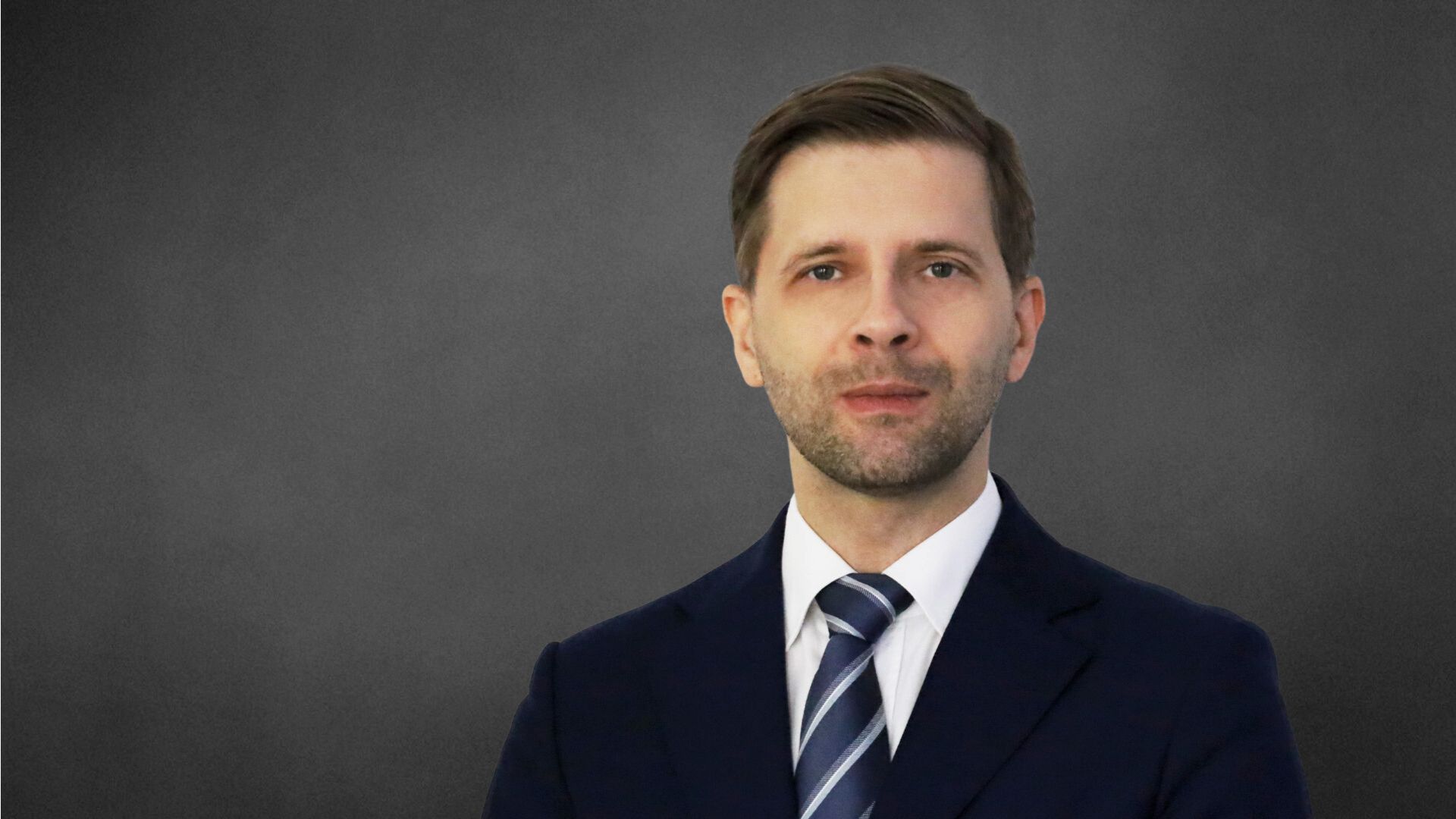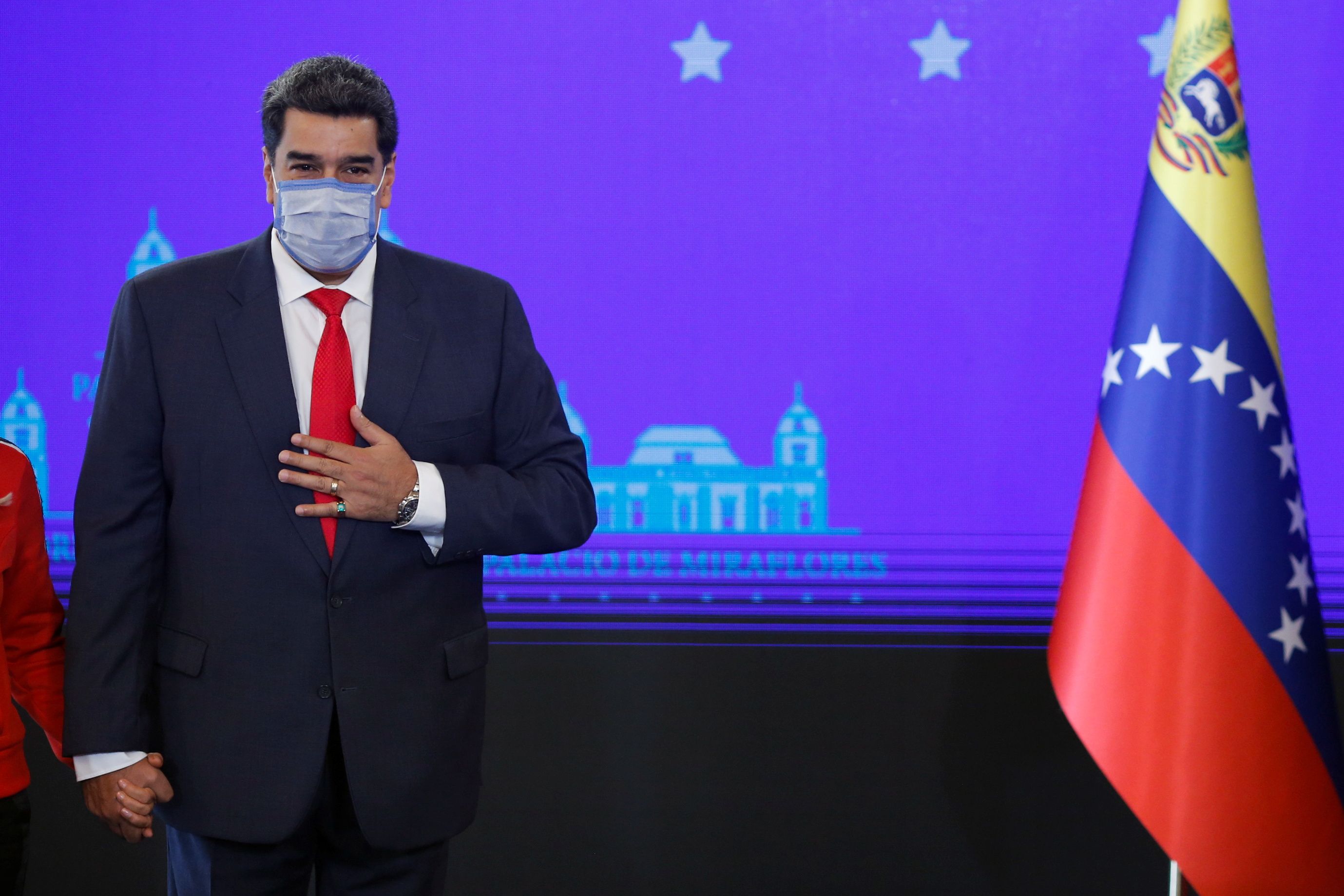Maduro Inaugurates His Presidency of Venezuela through Fraud and Violence
On 10 January, Nicolás Maduro began another six-year term as Venezuela’s leader, despite the evidence of his apparent defeat in last July’s presidential election and opposition actions, mass public protests, and international pressure on his regime. Venezuela’s near future will largely depend on the policies of the incoming U.S. administration.
.png) Leonardo Fernandez Viloria / Reuters / Forum
Leonardo Fernandez Viloria / Reuters / Forum
What is the context around the inauguration?
After the Venezuelan authorities announced Maduro’s fraudulent victory in the presidential election on 28 July 2024, they sought a trouble-free inauguration of his next term as the country’s leader. They consistently ignored calls to publish detailed results of the election, even though detailed voting records compiled by the opposition showed the democratic candidate Edmundo González had won decisively. Instead, the regime increased violence, making arrests and enacting other repressive measures to suppress opposition to Maduro. A Venezuelan NGO, Foro Penal, estimated the number of political prisoners at the beginning of January at 1,700. In the past few months, the authorities reportedly have arrested a total of more than 120 foreigners (from the U.S., Argentina, Spain, and Czechia, among others), accusing these individuals of destabilisation or planning a coup, but with clear intention to collect political hostages to use against their countries of origin. Earlier this month, the authorities reinforced the military presence on the streets. On 7 January, they detained González’s son-in-law and encircled the home of the mother of María Corina Machado, the top opposition leader, who remains in hiding in Venezuela.
What attempts were there to prevent Maduro’s usurpation?
Since late July 2024, leaders of the democratic opposition have tried to mobilise Venezuelans to resist the regime, stressing that González had indeed won the support of the majority of the population in the elections. They also appealed to members of the armed forces, whose loyalty is one of the pillars of the regime. The opposition referred to evidence, in particular the collected voting records, and kept informing the public about arbitrary arrests and persecution to expose the authoritarian grip of the regime and win support from other countries. They also called to advance investigations against Maduro and other members of the government for human rights violations and crimes against humanity. Machado was active on social media and often interviewed by foreign media. She called for mass demonstrations against Maduro on the eve of his swearing-in. She joined protesters in Caracas on 9 January, but the regime forces detained her and released her later the same day. González, who has been in exile in Spain since last September, has met representatives of EU authorities and various European countries. In January, he came to the Americas and held a series of meetings with the presidents of Argentina, Panama, the U.S., and the Dominican Republic, among other leaders. His plan to fly from the Dominican Republic to Caracas on 10 January failed, reportedly because the Venezuelan authorities closed the national airspace. He, therefore, issued a statement equating Maduro’s inauguration with a coup d’état and expressing his readiness to become president when conditions allow.
What will be the international impact of the regime continuing?
Maduro’s swearing-in has opened a new phase of Venezuela’s isolation. Only two foreign leaders attended the ceremony, Cuba’s Miguel Díaz-Canel and Nicaragua’s Daniel Ortega. They head two other authoritarian regimes in Latin America for which the continuity of Maduro’s rule is essential. Russia, a crucial ally of Venezuela, sent the chairman of the Russian Duma Viacheslav Volodin. Brazil, Colombia, and Mexico—three countries that led a failed attempt to mediate with the regime after the July elections—sent their ambassadors. Other countries, including EU members, boycotted the event. The blatant usurpation of power in Venezuela undermines the international positions of various countries—including Brazil—that argue dialogue is an appropriate means of influencing the Maduro regime and that a non-confrontational approach could, for example, help stem the exodus of Venezuelans. The total official number of Venezuelan emigres, migrants, and refugees stands at 8 million and is likely to increase. The regime will not yield until its key members directly feel the severe cost of its usurpation of power. Canada, the EU, the UK, and the U.S.—visibly in waiting mode with new restrictions after the 28 July 2024 elections—announced new sanctions on another group of high-ranking members of the Maduro regime on 10 January. The U.S. also increased the reward for helping to capture Maduro and Interior Minister Diosdado Cabello and added Defence Minister Vladimir Padrino to the list, all on drug trafficking-related charges.
What is known about the Trump administration’s plans for Venezuela?
Donald Trump’s statements following his victory in the U.S. presidential election have not clarified his administration’s approach to Venezuela. Announced appointments to his Cabinet of individuals with interest and experience in Latin American issues are critical of regimes in that region. As well, there is Marco Rubio, the nominee for Secretary of State, whose appointment would herald a tougher stance towards Venezuela, as well as Cuba and Nicaragua. There are doubts, however, about whether a return to the “maximum pressure” policy of Trump’s first presidency (2017-2021) is possible. Contrary to its intentions, that approach failed to remove Maduro from power and instead rather emboldened him. On 9 January, Trump himself publicly supported Machado and González, calling the latter “president-elect” for the first time. Still, the high priority the incoming administration attaches to fighting irregular migration and organised crime may prompt it to be more lenient towards the Venezuelan authorities, for example, in return for cooperation in accepting deported Venezuelans, who comprise most of the irregular migrants apprehended at the southern U.S. border. Nonetheless, the deepening of authoritarian rule in Venezuela will likely cause increased emigration of its citizens, and the Trump administration’s more restrictive migration policieswill not discourage their attempts to reach the United States.




.jpg)
(3).png)